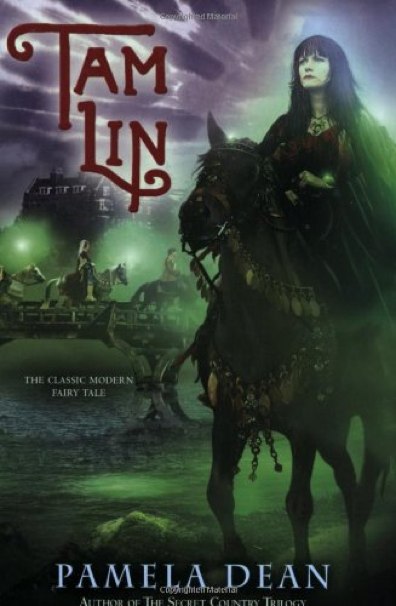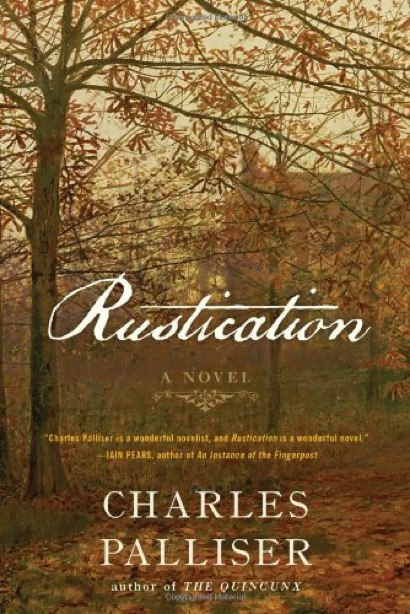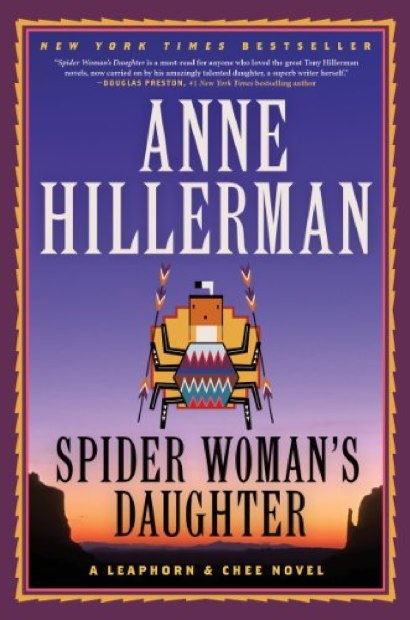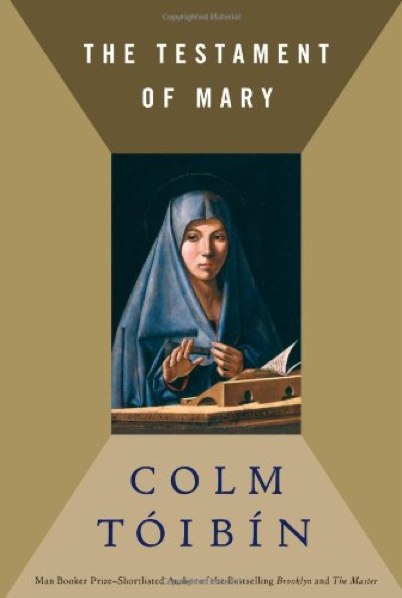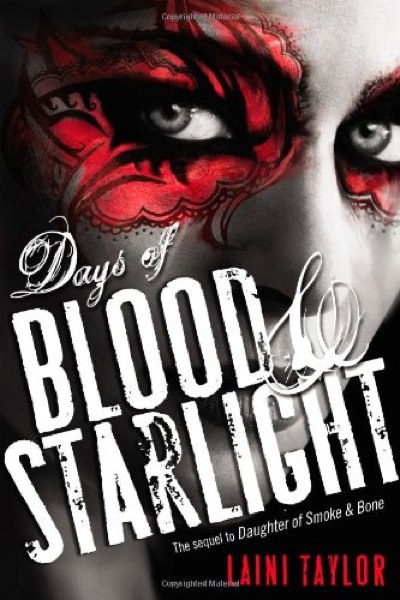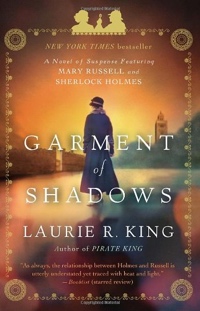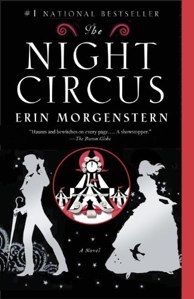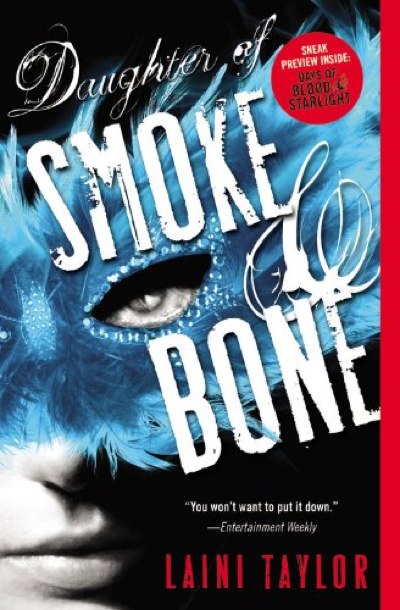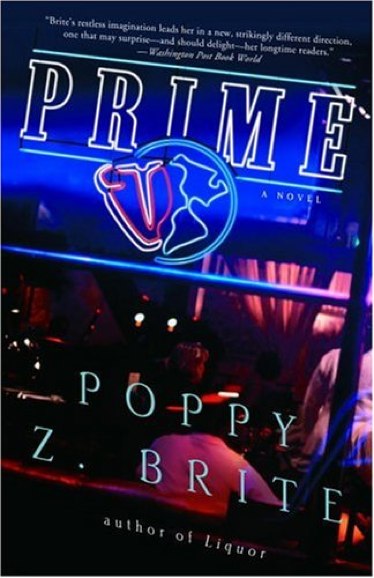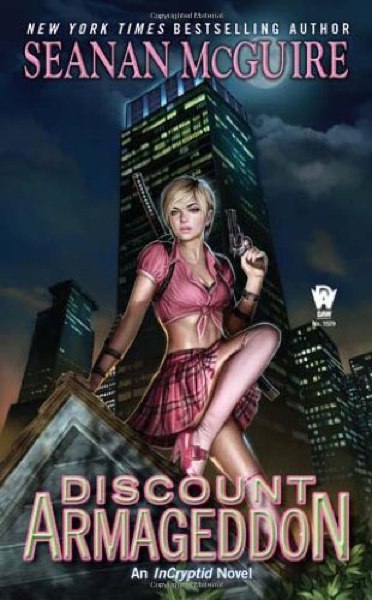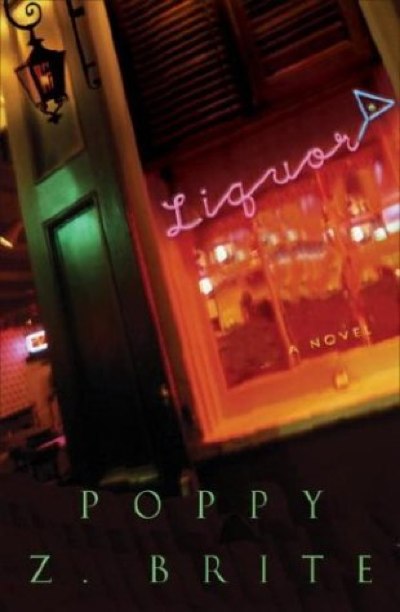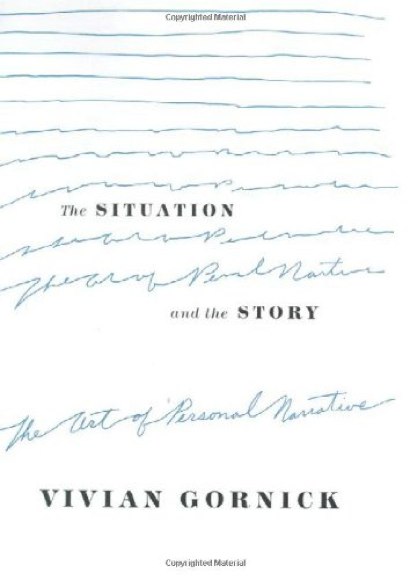Readercon book club selection and a neglected classic, this is a truly wonderful portrait of American college life in the late 20th century. If it were new, it might well be my choice for the best book of 2013.
Tam Lin is a college novel whose protagonist belongs and thrives at a small liberal arts college in the Midwest. The campus is Carleton, but I remembered many, many of the finely observed details – from room lottery tensions and dining hall rituals to ritual throwing of birth control pills into the local river — and I was at Swarthmore. Some of the dialogue is brilliant, some hilarious, and some dexterously borrows its voice from Dorothy Sayers’ Gaudy Night without making any show or fuss over the matter.
The hero of the campus novel, from Tom Brown’s School Days to Allegra Goodman’s Intuition and Michael Chabon’s Wonder Boys, not to mention Harry Potter, has always been at least mildly unfit for their school. That gives the author good opportunities for observation, since round pegs need not record very much about round holes, but it leaves little room for the joys of learning. Here, however, Janet Carter is perfectly suited to the school. She already knows its peculiarities and rituals because she has grown up on campus, eldest daughter of an English professor. Dean set herself a difficult task and pulls it off brilliantly by leading us through detailed discussions of topics – the Roman de la Rose, production practices in Hamlet, or classroom management in Ancient Greek I when the class ranges from a Classics major who has no business taking the course at all down to a pair of dolts without any aptitude for language whatsoever – that really do consume students. I believe the volume’s editor was Terri Windling, and he deserves great praise for indulging these long, long academic passages that indispensably explain why Janet, our protagonist, is in love with college.
Janet and her two roommates discover their dormitory’s ghost, but this causes no particular trouble. They discover some very nice (though strange) young men, and this causes some trouble at first. Of course, one knows from the title that someone on campus must be a bit stranger than they seem, but that, too, is handled with grace and naturalism and works very well indeed.
December 24, 2013 (permalink)
